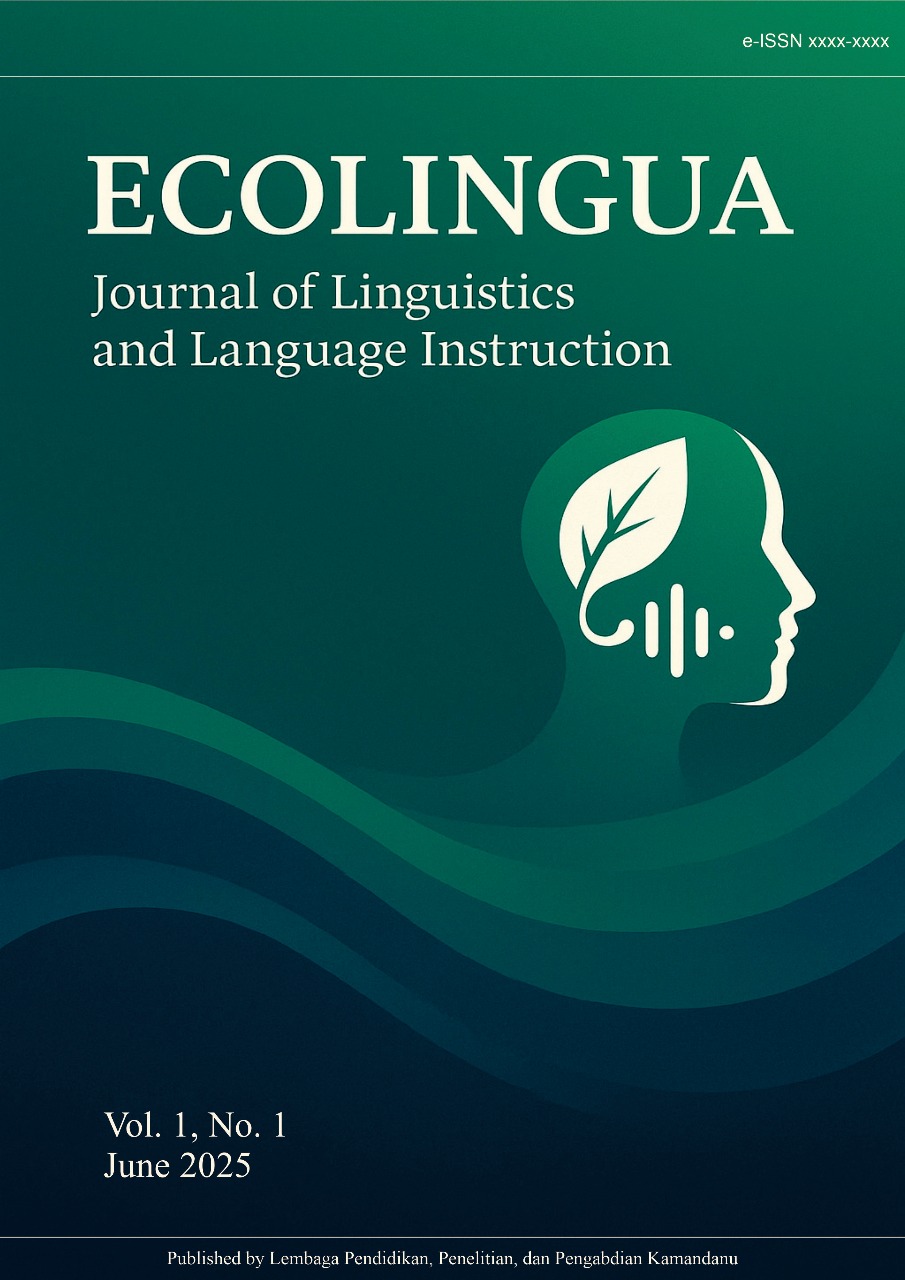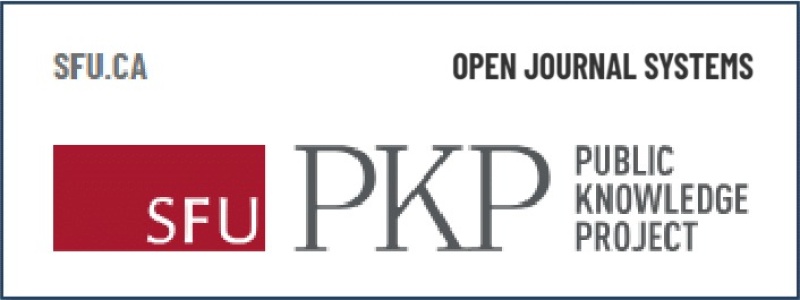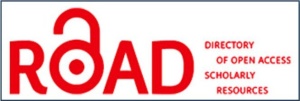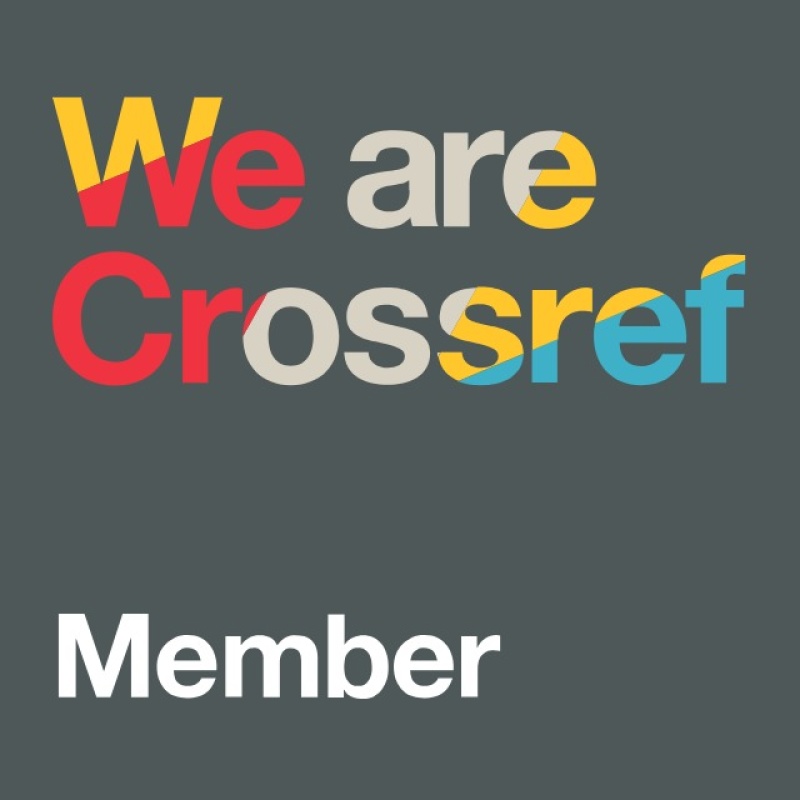Discourse-Based English Instructional Model: A Lesson from Pedagogical Discourse Analysis and Communicative Approaches
Keywords:
Discourse-based instruction, Communicative language teaching, Pedagogical discourse analysis, Pragmatic competence, Learner engagementAbstract
This study investigates the implementation and impact of a discourse-based English instructional model that integrates pedagogical discourse analysis and Communicative Language Teaching (CLT) in middle school EFL contexts in China. Recognizing the limitations of traditional grammar-oriented methods, this study explores how reflective teacher discourse and authentic communicative tasks can transform classroom interactions and enhance learner engagement and pragmatic competence. Employing a qualitative exploratory research design, the study involved five English teachers and seven students from grades 7 to 9 in a Chinese junior high school. Data were gathered through classroom observations, video recordings, transcriptions, teacher interviews, student focus groups, and analysis of learning materials. Thematic discourse analysis guided the examination of classroom dialogue, turn-taking patterns, scaffolding strategies, and the use of authentic language input. Results revealed that integrating discourse analysis allowed teachers to adopt more responsive and student-centered questioning techniques, fostering dialogic and inclusive learning environments. Students showed increased participation, confidence, and use of pragmatic language features such as hedging and politeness strategies. Communicative tasks and authentic materials were found to significantly enhance learners’ fluency and sociolinguistic awareness. The findings support the model’s potential to promote reflective pedagogy, learner autonomy, and real-world communicative competence. This study contributes a novel dual-framework approach to EFL instruction, highlighting the synergy between analytical reflection and communicative interaction. The implications suggest that curriculum designers and teacher educators incorporate discourse-based strategies to better align English language education with the evolving demands of global communication and contextual relevance in diverse learning environments.


























